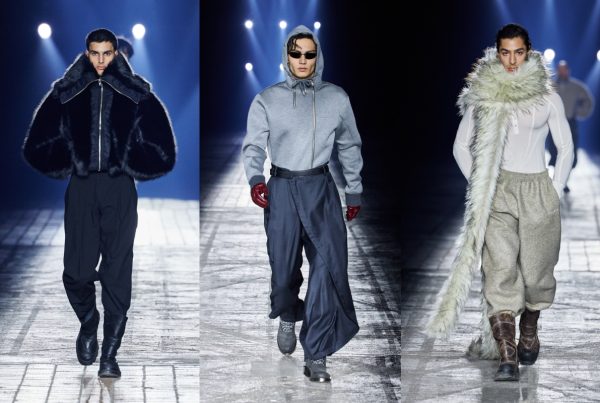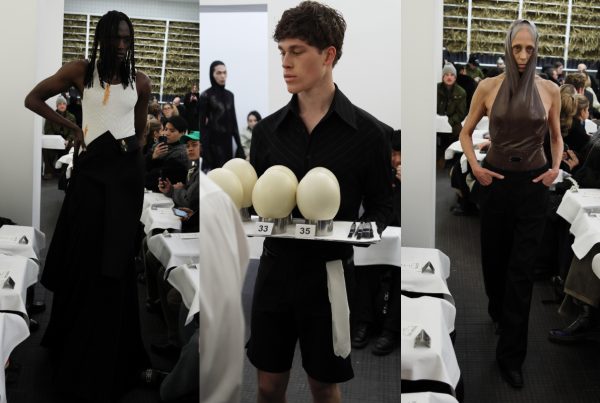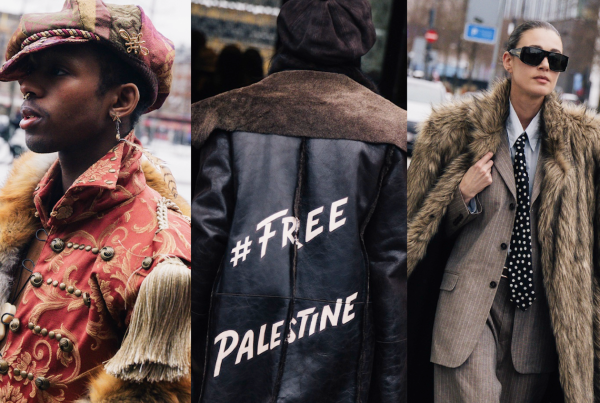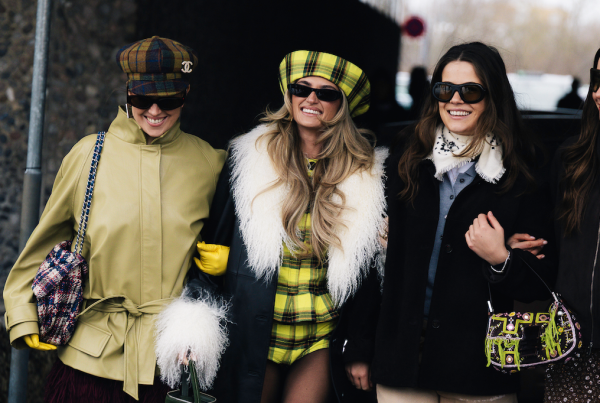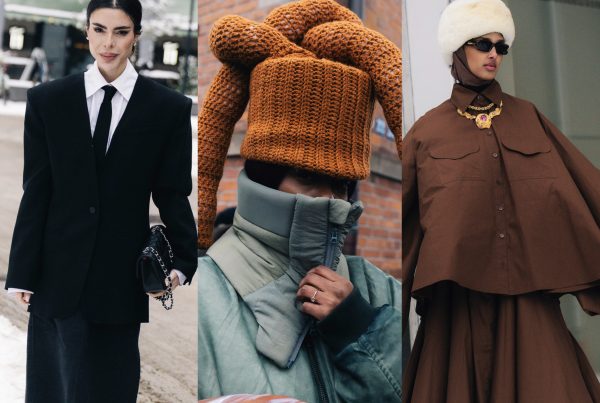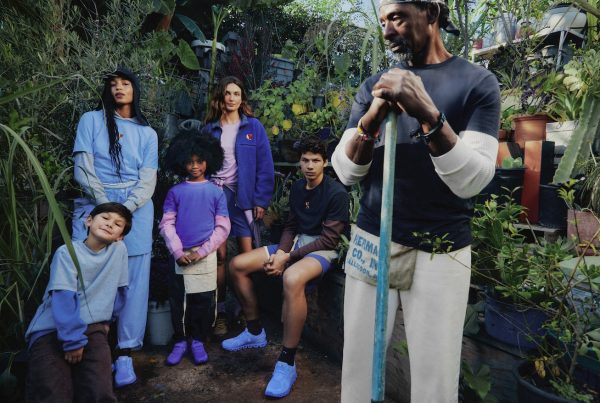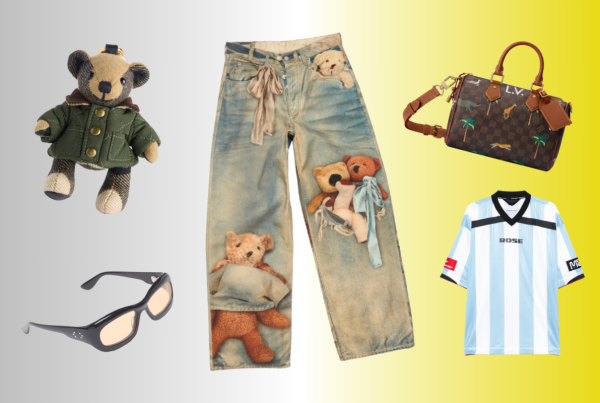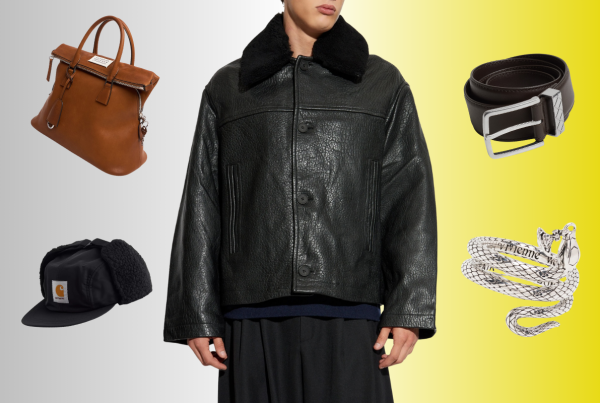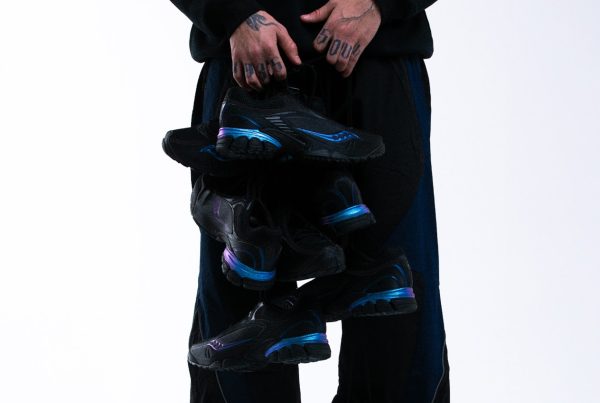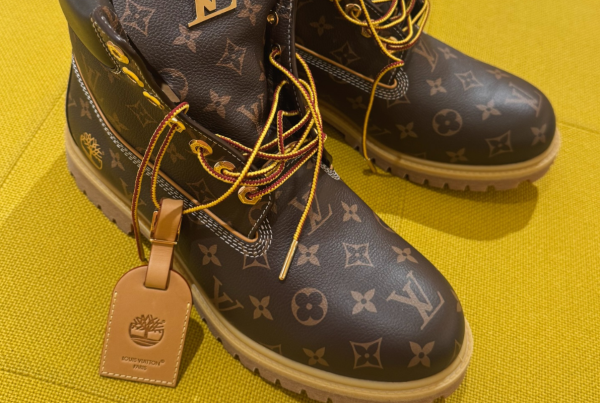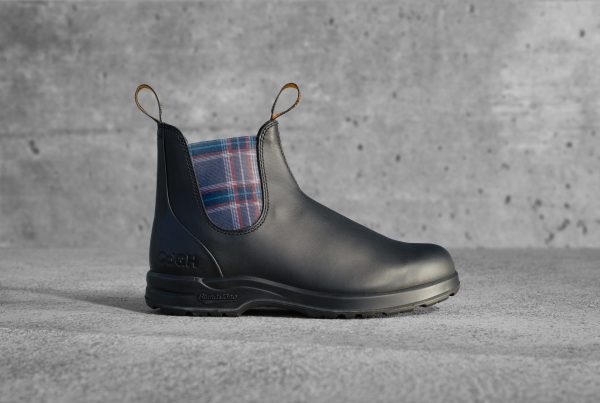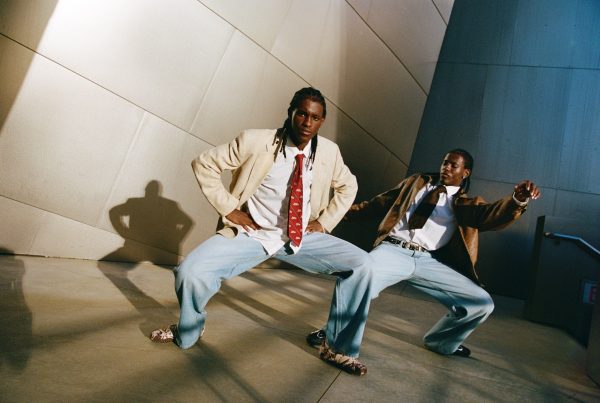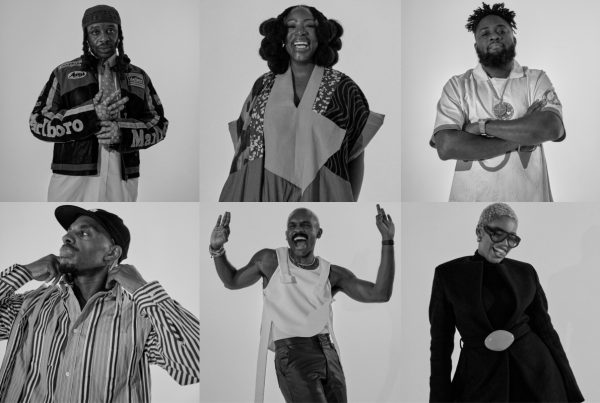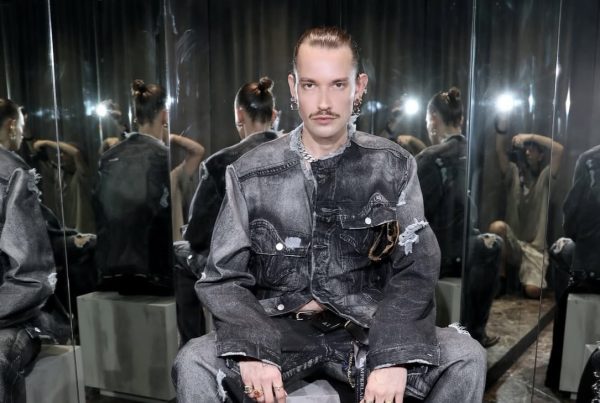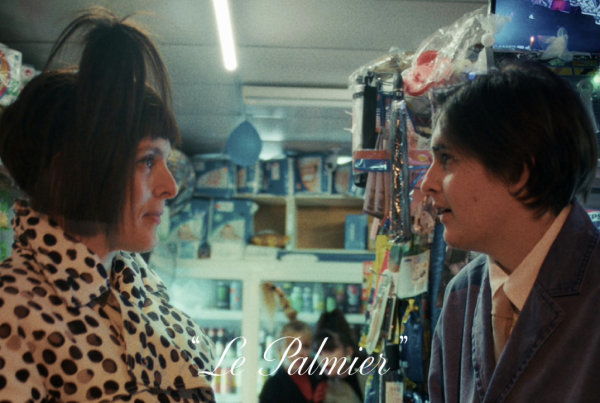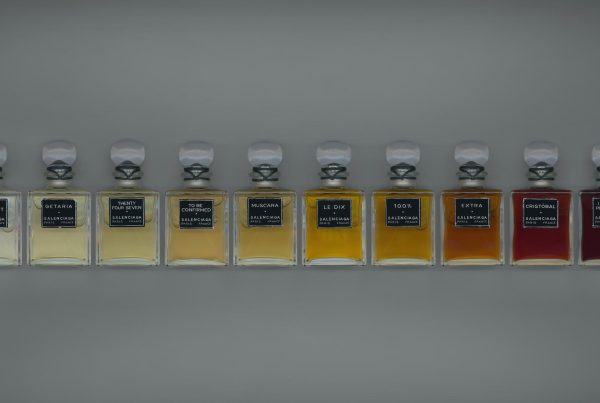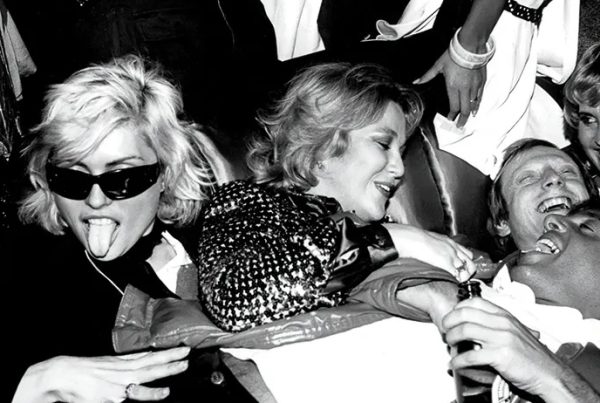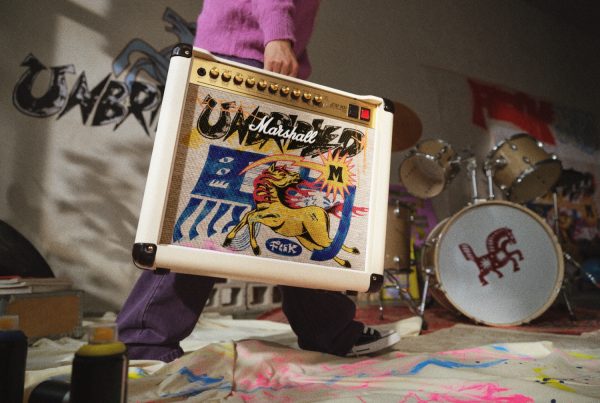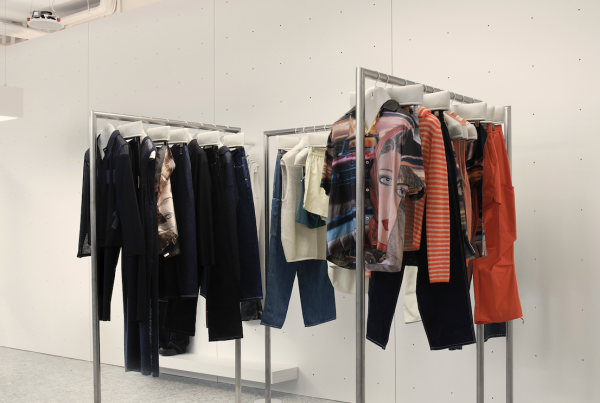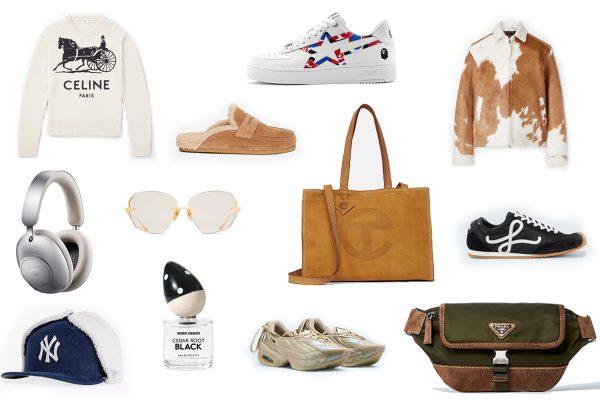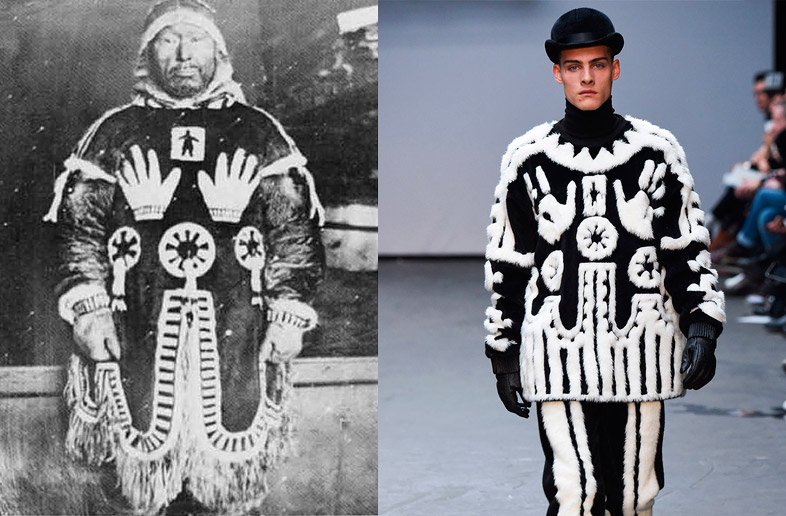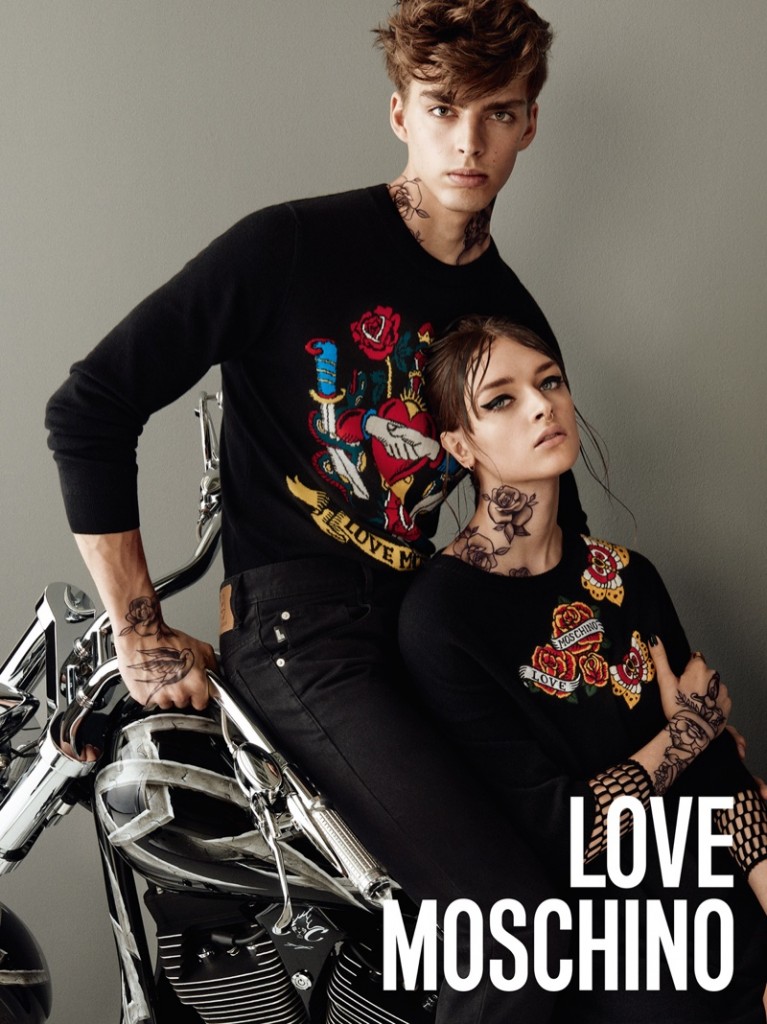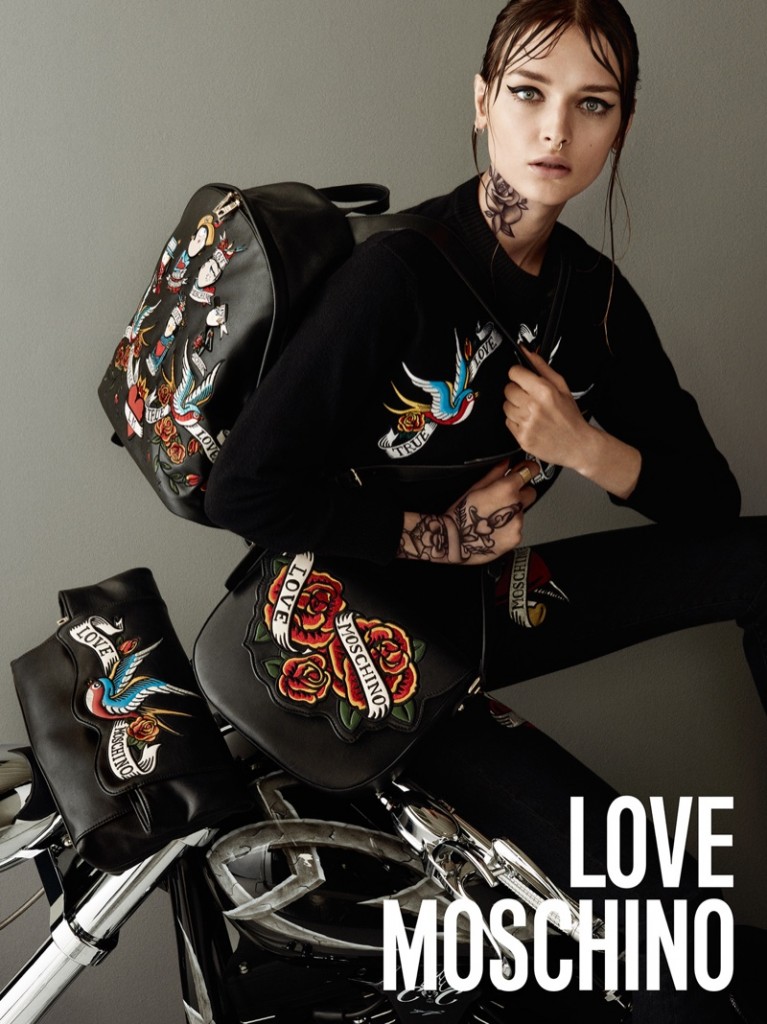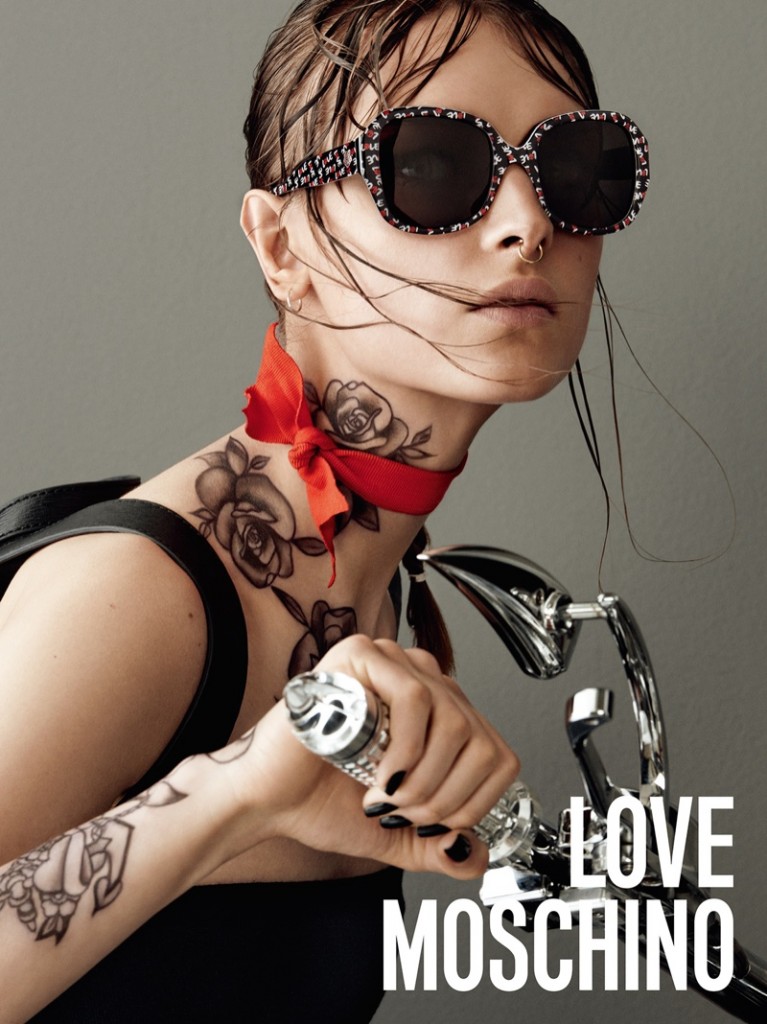Plagiarism/inspiration is not something scandalous in the fashion world anymore. What is very new is to see an apology after doing it. KTZ just did it.
After The Evening Standard have reported that “They must have seen it and copied it. They even called the clothing Shaman… My great-grandfather was a very powerful and respected man and he has been used and violated. It was disgusting to see a sacred design used as a sweater… We are a proud people and our ancestors and traditions are very important to us. The way they have taken and degraded this design is unacceptable.” The London-based brand wrote a letter to the great-granddaughter of a Canadian Inuit Shaman, to apologise for “stealing” his design.
This is not the first time KTZ has been criticized for using indigenous designs. It is part of their DNA to “been inspired by and paid homage to indigenous cultures and tribes around the world”.
For Awa (the Canadian Inuit Shaman’s granddaughter) the apology was “bittersweet”: “I’m kind of happy about it but sad at the same time. They didn’t even mention an apology to my great-grandfather and they didn’t even offer any monetary gains to our family.”
When inspiration becomes plagiarism? How can you calculate the limit between those two?
Here is the full letter:
Dear Salome
Thank you so much for contacting us and for giving us a chance to express our point of view.
Over the last 20 years KTZ has always been inspired by and paid homage to indigenous cultures and tribes around the world.
It’s part of KTZ’s DNA to celebrate multiculturalism as a form of art and to encourage appreciation for traditions, ethnicities and religions’ diversity.
At the time the piece in question was released (January 2015) the Inuit community was credited in our press release and online features, for example on Vogue.com
KTZ is a very small UK based company – with a team counting less than 15 people employed across the globe and with ethnic backgrounds ranging from Macedonian, Greek, Portuguese, Polish, German, Italian, Dutch, Japanese, Nigerian, Chinese and Indonesian. Our work is never intended to offend any community or religion.
We sincerely apologise to you and anyone who felt offended by our work as it certainly wasn’t our intention.
We have already removed the item from sale online and will remove the item in question from our stores.
Kindest regards
KTZ
Watch the Fall/Winter 15 menswear show.
Plagiarism/inspiration is not something scandalous in the fashion world anymore. What is very new is to see an apology after doing it. KTZ just did it.
After The Evening Standard have reported that “They must have seen it and copied it. They even called the clothing Shaman… My great-grandfather was a very powerful and respected man and he has been used and violated. It was disgusting to see a sacred design used as a sweater… We are a proud people and our ancestors and traditions are very important to us. The way they have taken and degraded this design is unacceptable.” The London-based brand wrote a letter to the great-granddaughter of a Canadian Inuit Shaman, to apologise for “stealing” his design.
This is not the first time KTZ has been criticized for using indigenous designs. It is part of their DNA to “been inspired by and paid homage to indigenous cultures and tribes around the world”.
For Awa (the Canadian Inuit Shaman’s granddaughter) the apology was “bittersweet”: “I’m kind of happy about it but sad at the same time. They didn’t even mention an apology to my great-grandfather and they didn’t even offer any monetary gains to our family.”
When inspiration becomes plagiarism? How can you calculate the limit between those two?
Here is the full letter:
Dear Salome
Thank you so much for contacting us and for giving us a chance to express our point of view.
Over the last 20 years KTZ has always been inspired by and paid homage to indigenous cultures and tribes around the world.
It’s part of KTZ’s DNA to celebrate multiculturalism as a form of art and to encourage appreciation for traditions, ethnicities and religions’ diversity.
At the time the piece in question was released (January 2015) the Inuit community was credited in our press release and online features, for example on Vogue.com
KTZ is a very small UK based company – with a team counting less than 15 people employed across the globe and with ethnic backgrounds ranging from Macedonian, Greek, Portuguese, Polish, German, Italian, Dutch, Japanese, Nigerian, Chinese and Indonesian. Our work is never intended to offend any community or religion.
We sincerely apologise to you and anyone who felt offended by our work as it certainly wasn’t our intention.
We have already removed the item from sale online and will remove the item in question from our stores.
Kindest regards
KTZ
Watch the Fall/Winter 15 menswear show.
Love Moschino gets its eye game strong.
After showing his bold attitude on Love Moschino F/W 2015 Collection, model Daan van der Deen reunites with the brand to shoot the FW15 eyewear campaign. Photographed once again by Giampaolo Sgura, Daan appear as a young and charming man for the new shirtless ad – styled by Julia Sarr-Jamois. The photoshoot features a timeless style to show the brand’s latest optical frames, embellishing the picture with the lablel’s logo.
Shop at Moschino.com.




